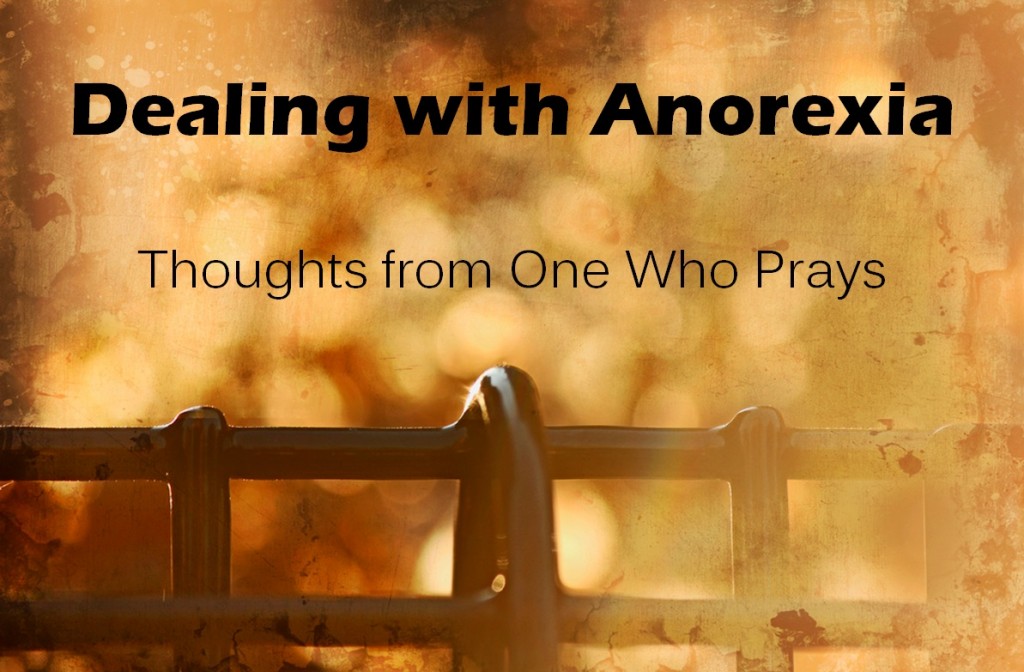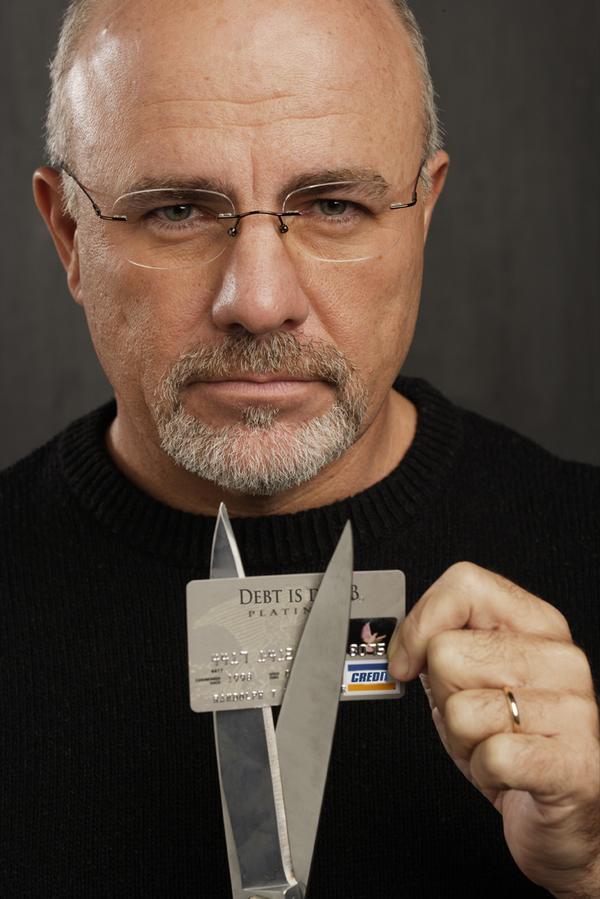Dealing with Anorexia : Thoughts from One Who Prays
I will not use their names, but in the past few years, I have known two young ladies who have battled anorexia nervosa. This post is dedicated to those two girls, and is written by someone who wasn’t as close as he should have been, but who continues to pray for them as they battle. Please accept this post as trying to raise awareness and helping us all work together to do what we can to help those battling anorexia nervosa.
We live in an image-obsessed society. The constant barrage of what is “perfect” is ever before our eyes. None of us measures up to the computer-enhanced, airbrushed, “perfect” image, no matter what we might try. And, no matter how much we know that what is portrayed as “perfect” really isn’t, we are barraged by that message on an almost constant basis.
For some, this search to conform to the “perfect” image leads down a very dangerous path. Eating disorders develop for many, including anorexia nervosa. Out of every 10 cases of anorexia nervosa (hereafter, simply called “anorexia”), nine will be female. While there are other similar disorders that people battle in this search for “perfection,” we are going to restrict our thoughts in this post to anorexia, since I have known these two young ladies.
Anorexia is a serious disorder, and though we don’t seem to hear about it as much as we did a few years ago, it is still very real. It is nearly impossible to get accurate statistics, since so many cases go unreported (or untreated), but between 1% and 4.2% of all American women will suffer from this disorder at some point in their lifetime. They will severely restrict what they eat, and then will often exercise in almost extreme ways. Some will then “binge” on things like diet pills, because they know their body needs something for energy. A few will “purge” what they do eat, severely restricting the levels of nutrition their bodies actually get. Early warning signs can include headaches and extreme mood swings, but there are other effects, as well.
What can be done to help? Again, speaking solely as an outsider, but one who has a heart that cares, let me offer 8 suggestions that will at least help us think about how we can help those, both in our families and out, to prevent or battle anorexia.
1. Stop Making Fun of People’s Weight. If our children constantly hear us talking about how heavy someone is, they will not want to have “that” image. Mom and dad, what we say about others (not just about our own kids) has a bearing on how our children look at themselves. Children usually want to please their parents, so why would they want to be overweight (even if it isn’t “over” weight) when mom and dad poke fun at those who are that way?
2. Emphasize the Whole Person. We have to battle against a society that speaks only to body image. It is up to us to build into our children the view that their body is important, but so is their mind, their soul, and their social grace. If we only talk about one without speaking to the importance of them all, we are not teaching the balance necessary to our kids.
3. Watch How (and How Often) You Talk about Your Own Weight. Moms, your daughter does not need to hear you use the word “fat” very often, especially when you are anything but obese! Dads, if your child hears you constantly harp on your physical condition (good or bad) with no reference to other parts of who you are, they could develop a serious obsession.
4. Start Young (or Now) with Good, Balanced Eating/Exercise Habits. Dieting is not wrong, nor is being in good shape. Teach your kids healthy eating, but also show them that it is okay to splurge on some junk food every once in a while. Make them go outside and play to get some exercise, but also let them know it’s okay to just hang out sometimes, too. Don’t obsess over eating healthy, but teach that these are wise choices overall. (Then, don’t feel bad for having a brownie for dessert.)
5. Restrict the Media Intake. The “perfect” look is all around our kids. Walk down a mall corridor or drive by some billboards and you’ll see it. We also know it is all over our TV programs, movies, and online sites. We must restrict how much of that message our children are getting through constant exposure to the “allure” of celebrity. And it doesn’t have to be immodest stuff. Just the constant feeding of “the look” into their minds can fuel a serious self-doubt.
6. Keep Communication Open. Communication should be obvious. Too often, though, parents may suspect something is wrong, but will not probe for fear of what they might find out (or because “my kid would never do that”). While there is no way these conversations will be easy, parents need to allow their children to talk about anything openly and to help in any way they can.
7. Get Help. Anorexia is not a battle that can be won alone. Those who battle do so valiantly, but they need help, both professionally and in general support. It may embarrass someone to admit they struggle, but the more help they get, the more likely they are to battle forward.
8. Pray, Generally and Specifically. Generally, pray for anyone who suffers or who is going the way that leads to these types of disorders. Even if you don’t know anyone with anorexia, pray for those who suffer silently and who are not getting the help they severely need. Obviously, if you know someone who is battling, take their name before God’s throne often. Think of them in your silent prayers and take their needs to the Lord.
Anorexia, along with other eating disorders, is life-altering. It can really hurt not only the one battling through, but those around him or her. But it is a battle over more than just food. It is a battle to teach that the whole person is what is important.
If you are suffering, you are important, and we are praying for you. If you are suffering in silence, please seek help.
COMMENTS: What are your suggestions for helping those who battle anorexia? Leave them in the comments below.
——————–
Photo background credit: Tanakawho on Creative Commons
Don’t Miss a Post!
Subscribe via email to get every post for free, and get a FREE eBook.




2 Comments
Sandy Puckett
I’ve read that it’s also a matter of having control. When other parts of their lives are out of control, food is one thing that only they can control. This is true of Anorexics and Bulimics both. Thanks for shining the spotlight on this.
Cindy Hamilton
Really great post Adam! It certainly knocks right on my own doorstep. I will say, speaking from my own personal experience, number’s 1,2, and 6 were important for me, but not because I had them, but because I needed to have them. The thing is, when you suffer from an eating disorder it can be more about the control aspect. What, where, and when “I” chose to eat. Having support systems are crucial. People who love you enough to say, “what’s going on?”
Having children of my own has really helped me to focus on the importance of being healthy. This “disease” if you will, brings opportunities for me even today. Knowing “who’s” I belong to reminds me that my body is a temple!
Thanks Again Adam for your attention to this!
Blessings to you and your family